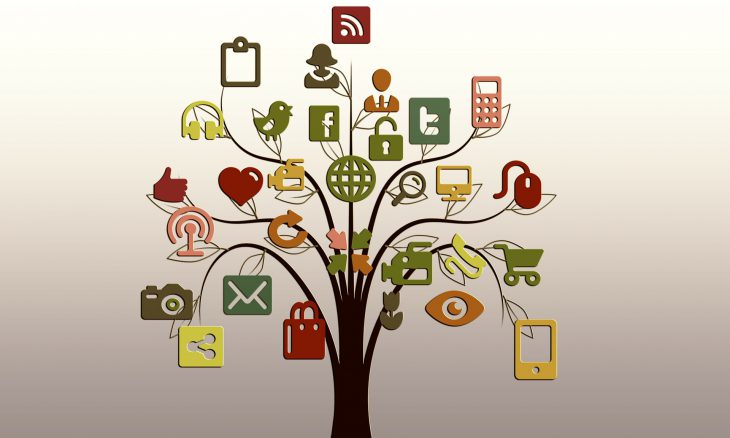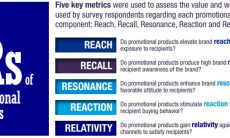There are a few important similarities between knowledge management and social media. We use them both to obtain and access new information with the use of technology. Moreover, both of them require individuals to provide new inputs and create new content intended for sharing.
However, there is a crucial difference between these two. Knowledge management is what your company, or what your superiors want you to know, based on what they deem is crucial for your work. Social media, on the other hand, is there to tell you what you peers deem important, based on their own life experiences so far, and you are there to ascertain, judge or agree with what they have to say.
The good thing about this is that you can put social media to good use if you combine it with your knowledge management system or knowledge base software. There are few possibilities that open up in this department, and in this article, we are going to explore the role of social media in knowledge management.
A place to increase your brand awareness
One of the very important roles that social media plays in knowledge management is the possibility to increase your brand awareness. Your knowledge base probably includes blogs and wikis, or other types of online content, and as we have mentioned, social media is also a place where knowledge is shared. In such a scenario, you may argue how it will only work if your user base is also willing to share that content, because if only your friends and followers view your posts your influence will not expand.
Social media have the option to boost your post for a certain financial compensation. In other words, when you create something that is truly interesting and something you deem more valuable, then you can have that content promoted. This way, new people will see it and, if they share the same interests as your target audience, they can become your new users.
Keep your faithful users up to date
A knowledge base needs to be updated, the information offered needs to be recent, relevant and verified. Social media allows you to share these recent updates and keep your audience informed. This type of behavior is good for building trust and staying relevant.
Obtain new findings and inspiration for future ideas
Social media is not only for sharing your content. In fact, you can also see how users react to your content. In a way, you can get valuable user feedback without them completing long surveys or something similar.
Truth be told, you can’t say with certainty how an audience will react because, in many cases, they do not even see your post. But if a great number of posts remains unnoticed, then this is valuable feedback in a sense. It simply means that you need to come up with something more engaging, thought provoking and relevant.
You can also get information about what your target audience prefer in addition to your content; try to discover some patterns or connections. This way, you’ll get a valuable input on how to approach your sharable content in the future. You can test out different things, see how people react, track when the best time to post, or the age of the people who are most active on your posts.
This is really useful and you can track these activities using various online tools. Once you have these findings, you will also be able to come up with better guidelines for future content.
Find out what else is important
Social media is a place where everybody shares what they regard as important or relevant. In other words, social media can help you discover new topics and you can brainstorm on how to explore the connection between your knowledge base and that new topic.
During the year 2016, there were a lot of titles like “How to use Pokémon Go to attract new customers” or “How to use Pokémon Go to earn money” etc.
Now, there are almost no similar titles because that tide or that relevance has subsided. Trends come and go, and you should not be too disappointed if you miss one or two important things, but as long as you are up to date with what is relevant currently and what your audience wants, you’ll be able to put your knowledge base software to good use and generate something with greater relevance.
Check your own relevance
Finally, you can discover how you stand on a larger scale. Your knowledge base software can probably track shares, views, and general activity on your posts. You get to check your overall progress to see what has improved or what has decreased. Again, this allows you to notice some interesting patterns and learn from your mistakes, but also compare your relevance to your peers.
If someone who is in the same or similar line of work as you, and who presumably has a similar knowledge base that is performing better on social media, try to see what they are doing differently.
As you can see, social media can play a crucial role when it comes to organizing and improving your knowledge base as a company because you get an additional perspective, and that is what other people think or regard as important. You can explore the similarities between different concepts and, in that way, boost your relevance by creating something that other people wish to see.





